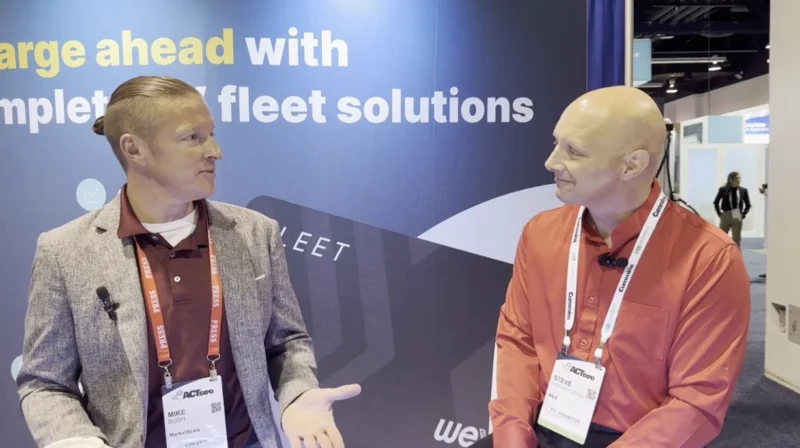AIN FutureFlight | The Future of Advanced Air Mobility, Are We There Yet?
The sky is the limit for future transportation, and in fact, not even limited there! In this latest episode of MarketScale’s Are We There Yet? video podcast series, Host Grant Harrell speaks with the Senior Editor of AIN (Aviation International News) Media Group and FutureFlight, Charles Alcock. Charles provides key insights into the evolving landscape of advanced air mobility (AAM)/urban air mobility (UAM). The discussion revolves around the concept of AAM/UAM and its potential impact on our daily lives.
UAM is an innovative transportation concept that aims to address urban congestion and transportation challenges by utilizing aviation-based solutions. The core idea behind UAM is to enable people to move around cities efficiently and swiftly, avoiding gridlock and traffic jams. The concept revolves around using vertical takeoff and landing (VTOL) aircraft powered by distributed electric propulsion systems. These aircraft could operate as air taxis, providing swift transportation options for short distances within cities.
Alcock outlines the journey of AAM/UAM from its inception a few years ago to the present day, where the first commercial services are expected to launch in the very near future. He emphasizes that the enabling technologies, such as advanced electric propulsion systems and battery technology, have reached a point where UAM is becoming a practical reality. He explains that UAM is not just limited to air taxis for city commutes but can also be applied to emergency medical services, connecting communities, and more.
One of the key points Alcock highlights is the collaboration between traditional aviation operators and emerging AAM/UAM companies. Major airlines, such as United and American Airlines, are investing in AAM/UAM and working with aircraft developers to create a concept of operations that integrates these new forms of transportation into existing infrastructure. These collaborations demonstrate the seriousness of the industry’s intention to introduce UAM into the mainstream.
Alcock also delves into the challenges facing AAM/UAM, including the need for effective air traffic management, establishment of ground infrastructure (vertiports), and addressing regulatory concerns. While the development of UAM is progressing rapidly, these challenges must be overcome to ensure safety and integration into existing transportation systems.
Looking ahead, Alcock envisions a future where AAM/UAM goes beyond air taxis and contributes to the broader transformation of aviation. He highlights the potential for electric propulsion to pave the way for more sustainable aviation and envisions a continuum from short-range electric taxis to hydrogen-powered aircraft. Additionally, the advancement of autonomous technology could redefine air transportation as a whole.
This high-flying podcast episode provides a comprehensive overview of the current state and future prospects of AAM/UAM. It highlights the collaborative efforts of various stakeholders, the technological advancements that make AAM/UAM possible, and the potential impact on transportation. As AAM/UAM becomes a reality in the coming years, it has the potential to revolutionize the way we move within and between cities, offering faster, cleaner, and more efficient transportation options.




